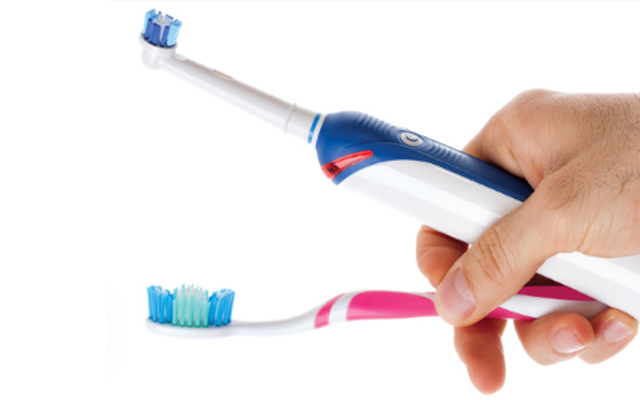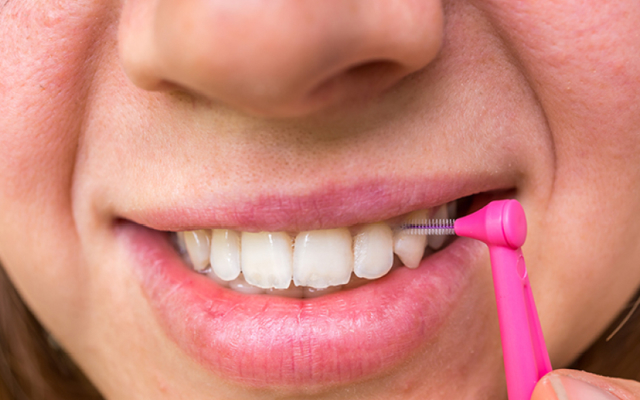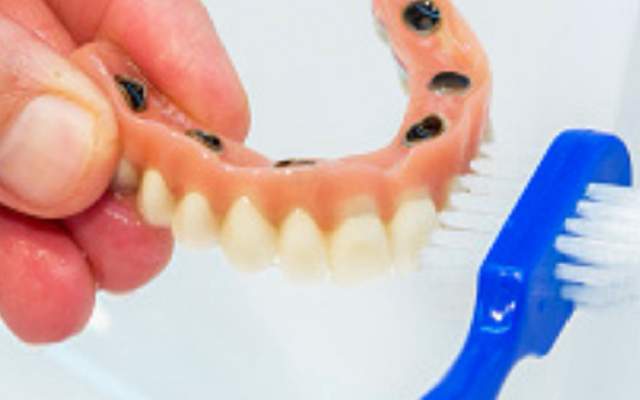Importance of Good Oral Hygiene
Importance of Good Oral Hygiene
Mechanical and chemical removal of plaque aims to prevent gingivitis (and dental decay) and prevent recurrence in patients with previous periodontitis. Plaque needs to be removed thoroughly and frequently to prevent formation of calculus (tartar), which once formed cannot be removed with a toothbrush. Professional cleaning is required to remove calculus and plaque on root surfaces where deep pockets may prevent access for oral hygiene devices. Brushing twice a day for at least 2 minutes with fluoride containing toothpaste is important to prevent and treat gingivitis. A systematic approach is required for brushing in different areas of the mouth especially with crowded or mal-aligned teeth. Effective tooth brushing takes longer for people at higher risk or those with previous periodontitis. There are many ways to brush your teeth including manual or electric and sonic toothbrushes. Powered toothbrushes may be easier to use for those that find it hard to hold or use a manual toothbrush (Figure 4A). It is also important to brush between teeth. Interdental brushes that are tailored to the space between teeth are favoured over dental floss, which has little benefit in patients with periodontitis and bone loss, although dental floss may be more suitable in tight spaces to provide cleaning (Figure 4B). Oral irrigators may be useful in difficult to reach areas, to flush away loosely adherent plaque.

It is also important to brush between teeth. Interdental brushes that are tailored to the space between teeth are favoured over dental floss, which has little benefit in patients with periodontitis and bone loss, although dental floss may be more suitable in tight spaces to provide cleaning (Figure 4B). Oral irrigators may be useful in difficult to reach areas, to flush away loosely adherent plaque.

Oral hygiene instructions from your Dental Professional are important to provide a tailored and systematic way of cleaning. They can also guide you in cleaning your dentures or other mouth appliances (Figure 4C).

